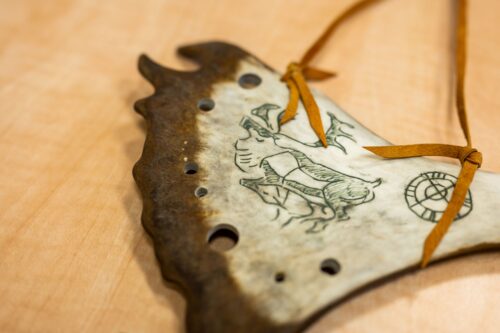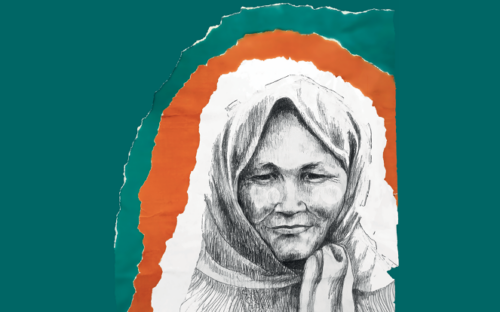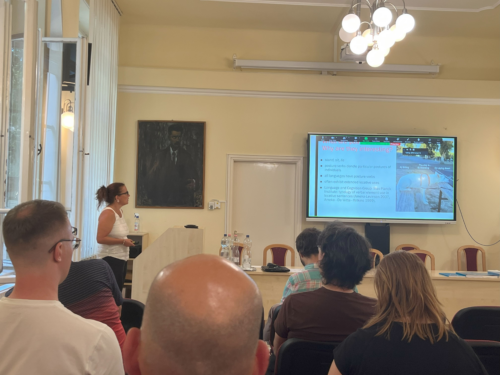Uralic Studies Research Group•Research area

For decades, uralistics has not been limited to exploring the descent of the Uralic languages, but has justified the use of many other approaches. On the one hand, since a language is not only defined by the features of its ancestry but also by the features that have been transferred from other languages, it is impossible to separate the study of the history of language families from the description of the language contact. On the other hand, the bilingualism or multilingualism that characterises most Uralic languages has generally led to linguistic endangerment. Its consequences are studied not only by linguistics but also social sciences. Due to language shift in several groups, the ways in which identity is changing have also proved to be an important research issue.
Thirdly, certain linguistic features can be associated with extra-linguistic, i.e. social and cultural factors. Since the very beginning of fieldwork, a thorough knowledge of culture has been prominent in the documentation and description of Uralic languages. Even before the development of the theory and methodology of anthropological linguistics, cultural linguistics, and ethnosyntax, the links between language and culture, in some form or other, were exhibited or emphasized in the immediate purpose of the collections and the way in which the texts were published.
In other words, in a modern cultural linguistic framework,”classical” linguistic data and knowledge can be rethought, and, evidently, contemporary phenomena can also be analyzed.
The Uralic Studies Research Group, following the tradition of the above directions, plans to complement the earlier sociolinguistic and contact linguistic studies with ethnolinguistic and areal linguistic aspects. The scope of the work will of course be defined by the linguistic competence of the researchers in the field of the Khanty, Mansi, Permian and Samoyedic languages.
 | Research group leader: Mária Sipos, PhD Email: sipos.maria@nytud.elte.hu Phone: +36 (1) 342-9372/6014 |
Uralic Studies Research Group•Staff


Institute for Historical and Uralic Linguistics


Uralic Studies Research Group•Research
The connection between language and identity in non-literate cultures
The research was carried out among minorities in Finland and Russia living in Arctic cities as part of an NKFIH project (‘Minority languages in the process of urbanization: A comparative study of urban multilingualism in Arctic indigenous communities’ NKFI-K 112476).

